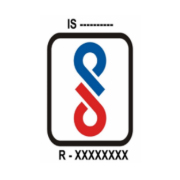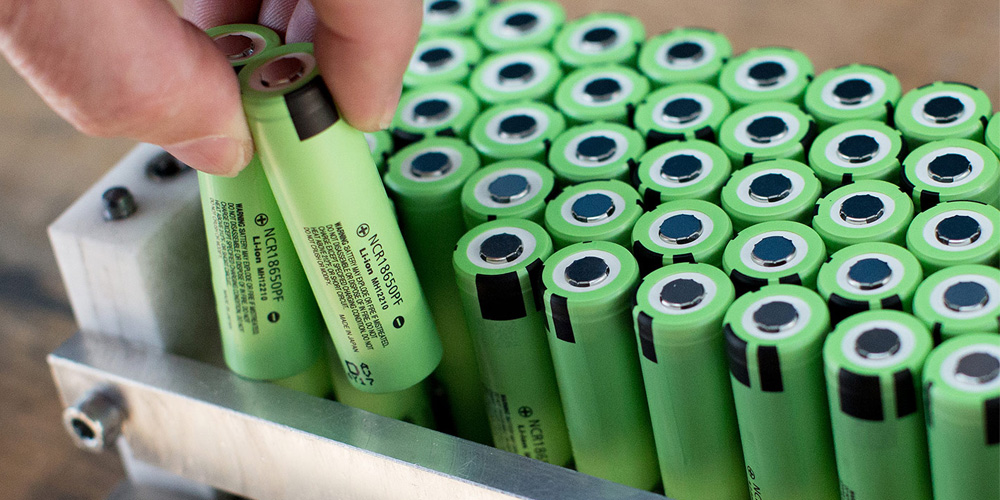
ORT testing has an experienced technical team, we are familiar with regulations, have smooth channels, and have complete qualifications.
At the same time, we have comprehensive testing capabilities and numerous cooperation cases. Can provide customers with technical services such as standard interpretation, regulatory consultation, testing and rectification.
Business scope:
1. Chinese market: CCC, CQC, RoHS
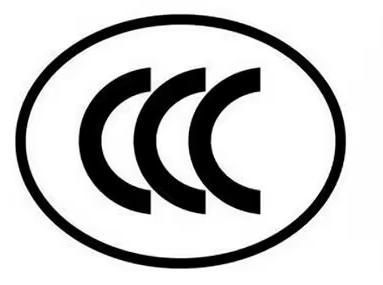
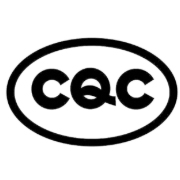
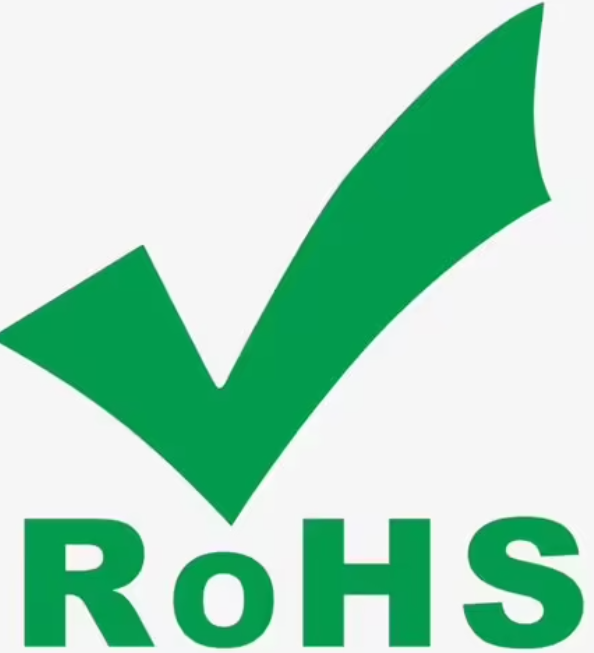
At present, the vast majority of battery products are not within the 3C range and cannot undergo 3C certification. However, for marketing purposes, enterprises urgently need authoritative departments to certify that the product quality is excellent and meets the requirements of relevant national standards. Applying for CQC certification is a very good choice. The China Quality Certification Center (CQC) is a professional certification institution established with the approval of the national competent department.
With the increasingly widespread application of batteries and the increasing importance of safety factors, more mandatory standards will be introduced and more battery products will be included in the CCC management catalog. Yourit Testing is a member of the lithium-ion battery safety standards task force and will share industry information with you as soon as possible.
2. International market: CB (for countries without clear access requirements for batteries, certification of product quality through CB certification)
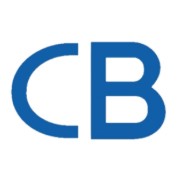
Countries without clear access requirements for batteries can prove product quality through CB certification
The CB system (IEC system for qualification testing and certification of electrical products) is an international system operated by IECEE. The certification bodies of each IECEE member state test the safety performance of electrical products based on IEC standards, and the test results, namely CB test reports and CB test certificates, are mutually recognized by each IECEE member state. The purpose is to reduce international trade barriers that arise due to the need to meet certification or approval criteria in different countries.
3. EU: CE
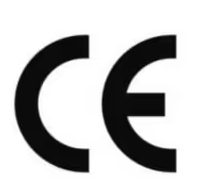
In the EU market, the 'CE' mark is a mandatory certification mark. Whether it is a product produced by internal enterprises in the EU or products produced by other countries, in order to circulate freely in the EU market, it is necessary to add the 'CE' mark to indicate that the product meets the basic requirements of the EU's 'New Methods for Technical Coordination and Standardization' directive. This is a mandatory requirement for products under EU law.
According to the different issuing units, it can be divided into the Declaration of Conformity/Declaration of Compliance independently issued by enterprises, the Certificate of Compliance/Certificate of Compliance issued by third-party organizations, and the EC Attention of Conformity Certificate issued by the European Union Notification Body (NB).
Battery EMC Directive: EN 61000-4-2-2019
Battery safety standards: EN62133-1/2:2017 (lithium system, nickel system)
Battery Environmental Standards: Battery Directive/RoHs Directive
4. Japan: PSE and METI filing
PSE certification is a safety symbol for Japanese products. According to Japan's DENTORL Law (Electrical Equipment and Material Control Law), 498 products entering the Japanese market must pass safety certification.
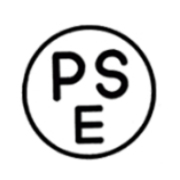
METI Filing
Cross border e-commerce that wants to sell live products on Amazon in Japan must hold a PSE certificate and METI registration. The PSE certificate is a certificate obtained after testing and passing the test. And METI filing is to obtain the PSE certificate report to Japan's Ministry of Economy and Industry (METI) for filing. Products under the PSE category must submit a PSE certificate and METI registration before they can be listed on Amazon Japan, otherwise they will face the risk of being delisted.
Remember: PSE certificate report and METI filing are two proof materials and cannot be confused.
5. Korea: KC
On August 20, 2008, the Korean Institute of Technical Standards (KATS) announced the implementation of the new certification system KC (Korea Certification) certification starting from January 1, 2009. The purpose is to enable consumers to have a clearer understanding of the certification mark displayed on the purchased product.
Mark:
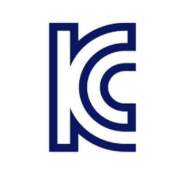
6. North America (USA+Canada): UL, cTUVus, FCC
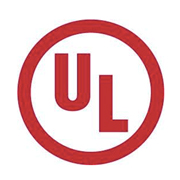
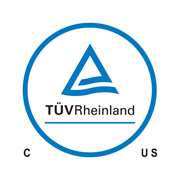
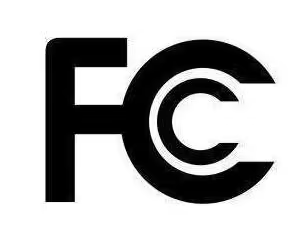
India
The Bureau of Indian Standards (BIS) certification is a mandatory market access certification in India. Its form is very similar to the CCC certification in China, and testing must be conducted in a qualified laboratory within India.
The second batch of additions (COMPULSORY): 16. IT equipment power adapter; 17. AV device power adapter; 18. UPS (Uninterruptible Power Supply); 19. DC or AC LED module; 20. Battery; 21. Self ballasted LED lights; 22. LED lighting fixtures; 23. Mobile phones; 24. Cash register; 25. Sales of terminal equipment; 26. Copier; 27. Smart card reader/writer; 28. Postal processing machines and automatic stamping machines; 29. Pass reader; 30. Mobile power supply. (Compulsory from November 2014)
